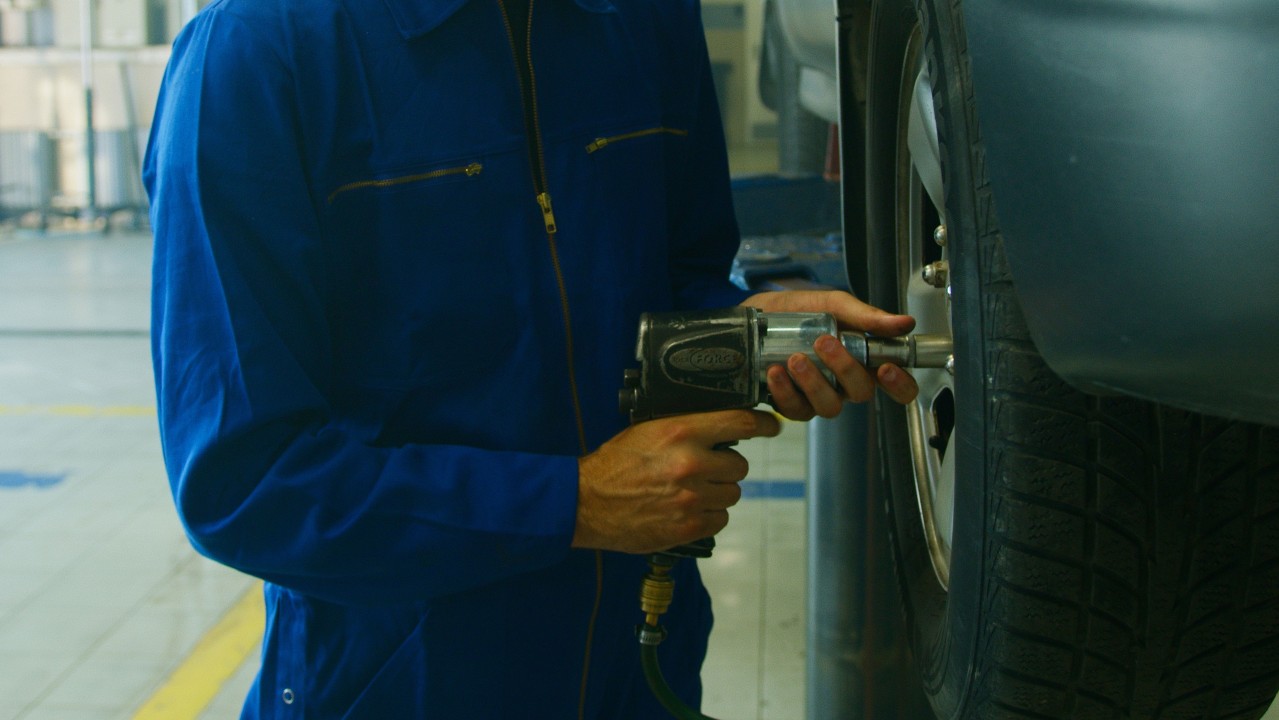The Importance of Torque in Fastener Installation
Fasteners may seem like small, inconspicuous components in your projects, but they play a crucial role in maintaining structural integrity, safety, and overall performance. One of the key factors that often gets overlooked is torque, the rotational force applied to tighten or secure a fastener. In this article, we'll delve into the significance of torque in fastener installation and how it affects the reliability and longevity of your assemblies.
Torque is the measure of the turning force applied to a fastener during installation. It's a fundamental concept in ensuring that fasteners perform their intended functions optimally. Here's why torque matters:
Consistent Tightening
When fasteners are tightened to the proper torque, it ensures uniform compression and clamping force across the joint. This consistency is critical for preventing uneven stress distribution, which can lead to premature failures or material deformation.
Safety and Reliability
Proper torque helps maintain the structural integrity of the assembly, making it safe for its intended purpose. In applications where safety is paramount, such as automotive, aerospace, or construction, precise torque is non-negotiable.
Avoiding Overtightening
Overtightening can be just as detrimental as under-tightening. Excessive torque can strip threads, deform fasteners, or damage the materials being joined. Knowing the right torque specifications is essential to prevent these issues.
Resistance to Vibrations
In environments where equipment is subjected to vibrations or dynamic loads, correctly torqued fasteners are more resistant to loosening over time. This is crucial for machinery and transportation applications.
Corrosion Resistance
Adequate torque helps create a proper seal and reduces the likelihood of moisture or contaminants infiltrating the joint, thus improving corrosion resistance.
To ensure fasteners are installed with the correct torque, you should follow these steps:
Consult Manufacturer Specifications
Manufacturers provide torque specifications for their fasteners. Always refer to these guidelines to achieve the desired level of tightness.
Consider Material and Coating
The type of material and coating on the fastener, as well as the material of the parts being joined, can affect torque requirements. Take these factors into account when determining the appropriate torque values.
Use a Torque Wrench
A torque wrench is an essential tool for achieving precise torque. It allows you to apply the force with accuracy, ensuring that you neither under-tighten nor over-tighten the fastener.
Perform Torque Testing
In critical applications, consider torque testing or measurement to verify that the fasteners are tightened as specified. This extra step can be especially important in industries where safety is paramount.
Fasteners are the unsung heroes of countless structures and systems, and the torque used during their installation is a critical factor in their performance. Applying the correct torque ensures safety, reliability, and longevity. It's a small detail that can make a big difference, and taking it seriously can save you from costly mistakes and failures down the road. So, the next time you reach for a fastener, remember that the right torque matters more than you might think.


0 Comments